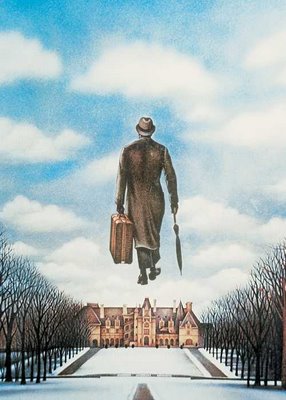
There are many pleasures to be found in videogames. Some games are varied and diverse; others are more focussed on particular pursuits. Some games are almost solely directed towards the pleasures of competition, of challenge, of skill. Others are instead of the pleasures of a world: of interaction, of creation.
These things we know videogames do very well. But we’re slowly realising that these aren’t the only things that videogames are good at. With casual games, we’re seeing that there is quite a lot more to the medium than we’ve assumed. Casual players, for example, don’t seem to like difficulty. Casual players like to get in and get out, enjoying the experience but leaving the grinding to those who need it.
Michael Abbot today wrote about the new Prince of Persia and the difficulty issue that some commentators have complained of. Certainly, many hardcore players don’t like the lack of punishment the game doles out and the consequences of its generosity. But by the same token, I’m certain many will embrace the accessibility provided by the pulling of the Prince’s punches. This is a crucial point: if we can be disinterested in challenge in games, what then else can we be interested in? Exploration and navigation are some of the ideas I am most obviously interested in, as I have argued through this blog and in my thesis. However, I think these ideas are linked to a larger concept that videogames do very well: being.
Iroquois Pliskin wrote of 2008 as the year of ‘being there’. It’s an illustrative metaphor, as Iroquois aptly shows just how important this year was for the immersive depth of our videogame worlds. But he also hones in on the point that made some see 2008 as an off-year – not with the ‘being’, so much as the ‘doing’. The problem with Grand Theft Auto IV was not with the wonderful world, but with what one had to do in it. The same, Iroquois suggests, can be said about Far Cry 2, Fallout 3 and other major 2008 videogames. There are probably ways to overcome this, and certainly in the future we will have videogames with great worlds and amazing things to do in them (if we don’t already).
However, I want to argue that for 2009 and the future, ‘being’ should be just as much of a point as ‘doing’.
This medium, this wonderful new medium, has given us a whole new language to communicate and depict experience. We don’t have to just use it in the pre-established modes of competition, challenge and skill. Why can’t we just be?
This is how videogames could be used to more effectively communicate memory, feeling, emotion. We could have biographies – where the player simply navigates the memory, the life of a subject in a dream-like state. The simplest description might be some sort of cross between The Graveyard and Flower; an experiential world where goals are only loosely present and vaguely desirable. The greatest achievement is to be there; to experience, to see, to hear. To be a digital tourist, a sight-seer (or perhaps more accurately, a site-seer) of sorts.
We could reconceptualise the music of The Beatles through a navigable space; visiting Strawberry Fields, seeing Sergeant Pepper’s band and counting how many potholes it takes to fill the Albert Hall. While watching a recording of Cirque du Soleil’s Love show, I was struck by just how much I wanted to interact with the performance of The Beatles’ music. I didn’t want to play it – I have a guitar for that. I wanted to perform it. I wanted to experience it on a level that only a videogame could give me: I wanted to be there.
The ability to be and not do could be immensely powerful. It would allow us to experience the world, our history, our imagination in ways that those original, hopeful theorists of videogames thought some far off dream. It would allow us to convey ideas, to revisit time and place far gone, or not yet imagined. Our experience would be shared in ways similar, but inherently different than the goal-oriented ways we currently play. Importantly, it would allow videogames to say new things about topics I had thought inappropriate for the medium. It might show us Hiroshima before and after the bomb. It might take us through a history of physics, from Newton’s apple to the inner workings of Einstein’s mind. Most immediately, it would enable us to experience the wars of the Twentieth Century as more than the view down the barrel of a gun.
The current modes of videogames are incredibly popular and widely loved for good reason, and I am in no way proposing that they be done away with. But we should open ourselves up to these new experiences that the medium offers us: the experience of being. So in this post, a manifesto of sorts, I want to see if we can momentarily turn away from what we thought games were about. Let’s imagine being, and not doing.

